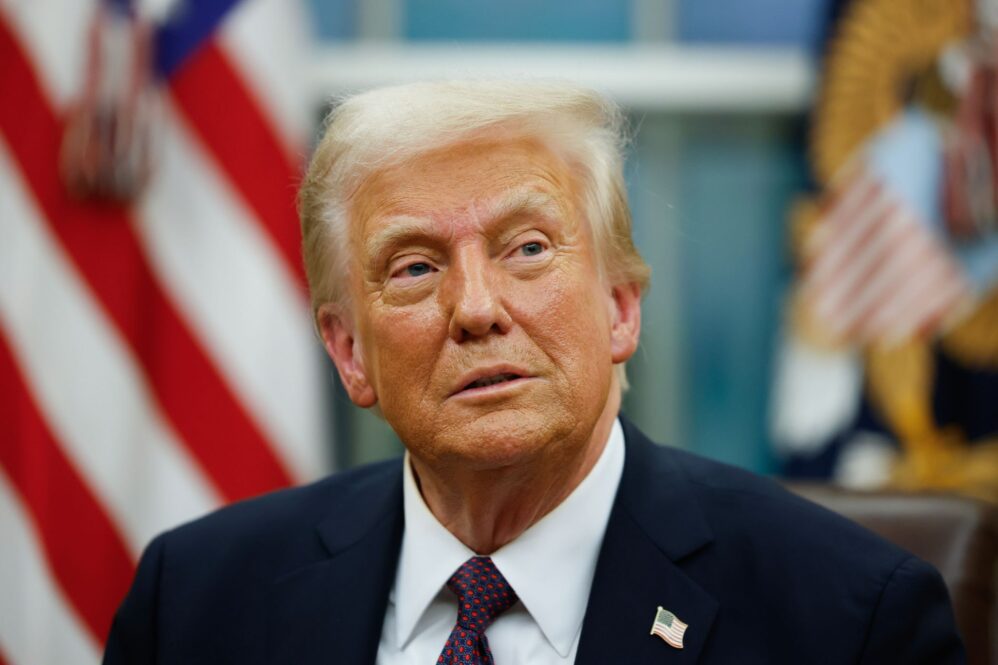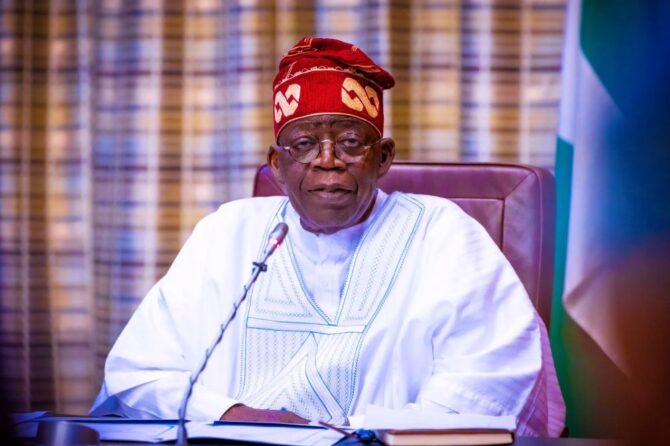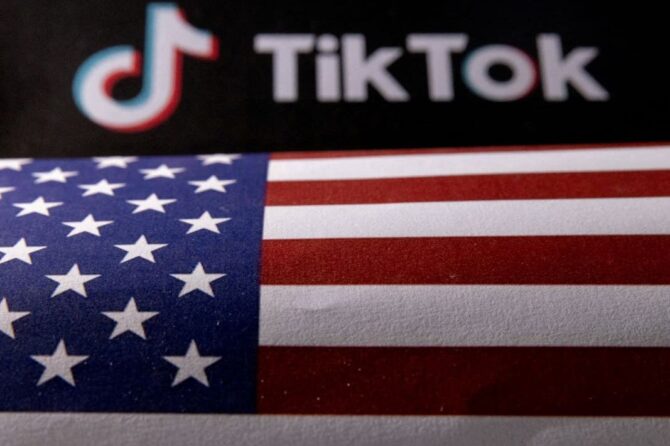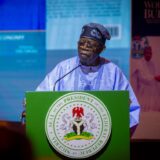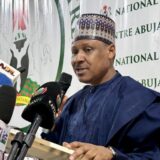Trump Imposes 14% Tariff on Nigerian Exports: Implications and Controversies
WASHINGTON, D.C. — U.S. President Donald Trump has imposed a 14% tariff on Nigerian exports to the United States as part of his sweeping global trade crackdown announced on April 2, 2025. The tariffs, which Trump described as “reciprocal,” are aimed at addressing what he claims are unfair trade practices by countries imposing higher tariffs on U.S. goods. Nigeria is among over 100 nations affected by this policy shift, which experts warn could have significant economic and diplomatic repercussions.
Details of the Tariffs
- 14% Tariff on Nigerian Exports:
- Nigerian exports to the U.S., primarily crude oil, will now face a 14% tariff. This is in response to Nigeria’s 27% tariff on U.S. goods, which Trump claims creates an uneven playing field for American businesses.
- The new tariffs are part of a broader initiative that includes a baseline 10% tariff on all imports into the U.S., with higher rates for countries deemed “worst offenders.”
- Global Scope:
- Other African nations also face steep tariffs, including South Africa (30%), Lesotho (50%), and Madagascar (47%).
- Major trading partners like China (34%), the European Union (20%), and Japan (24%) were also targeted.
- Implementation Timeline:
- The baseline 10% tariff will take effect on April 5, while the elevated tariffs, including Nigeria’s 14%, will commence on April 9.
Trump’s Justifications
- Trade Imbalance:
- Trump cited Nigeria’s trade surplus with the U.S., highlighting that Nigeria exported goods worth ₦931 billion to the U.S. in 2024, while importing goods worth ₦1.05 trillion in return.
- He argued that Nigeria’s higher tariffs on U.S. goods have long disadvantaged American businesses.
- “Economic Independence” Agenda:
- During his announcement, Trump framed the tariffs as part of a broader strategy to “supercharge America’s industrial base” and protect domestic industries from foreign competition.
- He accused countries like Nigeria of exploiting the U.S. for decades through unfair trade practices and non-tariff barriers.
- Reciprocity Doctrine:
- Trump emphasized that the new tariffs are reciprocal, meaning they mirror or approximate the duties imposed by other nations on American exports.
Implications for Nigeria
- Economic Impact:
- With crude oil forming the bulk of Nigerian exports to the U.S., the 14% tariff could reduce demand for Nigerian oil in the American market, potentially lowering export revenues.
- The added cost burden may make Nigerian products less competitive compared to those from other oil-exporting nations.
- Trade Relations Strain:
- The tariffs could strain bilateral relations between Nigeria and the U.S., potentially disrupting long-standing trade agreements.
- Nigeria may seek alternative markets for its exports or retaliate by increasing tariffs on American goods further.
- Domestic Economic Pressure:
- The reduced export earnings could exacerbate Nigeria’s existing economic challenges, including foreign exchange shortages and budget deficits.
- Local industries reliant on U.S.-bound exports may face job losses or production cuts.
Conspiracies and Allegations
- Targeting Developing Economies:
- Critics argue that Trump’s tariffs disproportionately target developing economies like Nigeria while sparing key allies such as Mexico and Canada.
- Some analysts suggest that Trump’s focus on African nations reflects a broader strategy to reassert U.S. dominance in global trade at the expense of weaker economies.
- Oil Market Politics:
- There are speculations that the tariffs are part of a larger geopolitical strategy to weaken OPEC nations’ influence over global oil markets.
- By imposing higher costs on Nigerian crude oil, the U.S. may be attempting to shift its energy imports toward non-OPEC producers.
Potential Corruption Implications
- Revenue Leakages at NNPC:
- With reduced export volumes to the U.S., there are concerns about potential revenue leakages within Nigeria’s oil sector, particularly at the NNPC.
- Critics fear that reduced oversight and transparency could lead to mismanagement of funds from alternative export markets.
- Policy Missteps:
- Some observers argue that Nigeria’s high tariffs on U.S. goods reflect poor trade policy decisions that may have invited retaliatory measures.
- There are calls for greater accountability in how trade policies are formulated and implemented to avoid similar scenarios in the future.
What Could Be Done?
- Diplomatic Engagements:
- Nigeria could engage with U.S. officials to negotiate a reduction or exemption from the new tariffs, emphasizing mutual benefits in maintaining strong trade ties.
- Diversifying Export Markets:
- To mitigate reliance on the U.S., Nigeria could explore alternative markets for its crude oil and other exports, particularly in Asia and Europe.
- Reforming Trade Policies:
- There is an urgent need for Nigeria to review its tariff policies to ensure they align with global standards and do not invite retaliatory actions from key trading partners.
Conclusion
Trump’s imposition of a 14% tariff on Nigerian exports marks a turning point in U.S.-Nigeria trade relations, with significant economic and political implications for both nations. While Trump frames this move as a step toward “fair trade,” it risks deepening global trade tensions and exacerbating economic challenges for countries like Nigeria. Moving forward, diplomatic efforts and policy reforms will be crucial in mitigating these impacts and preserving bilateral ties.


